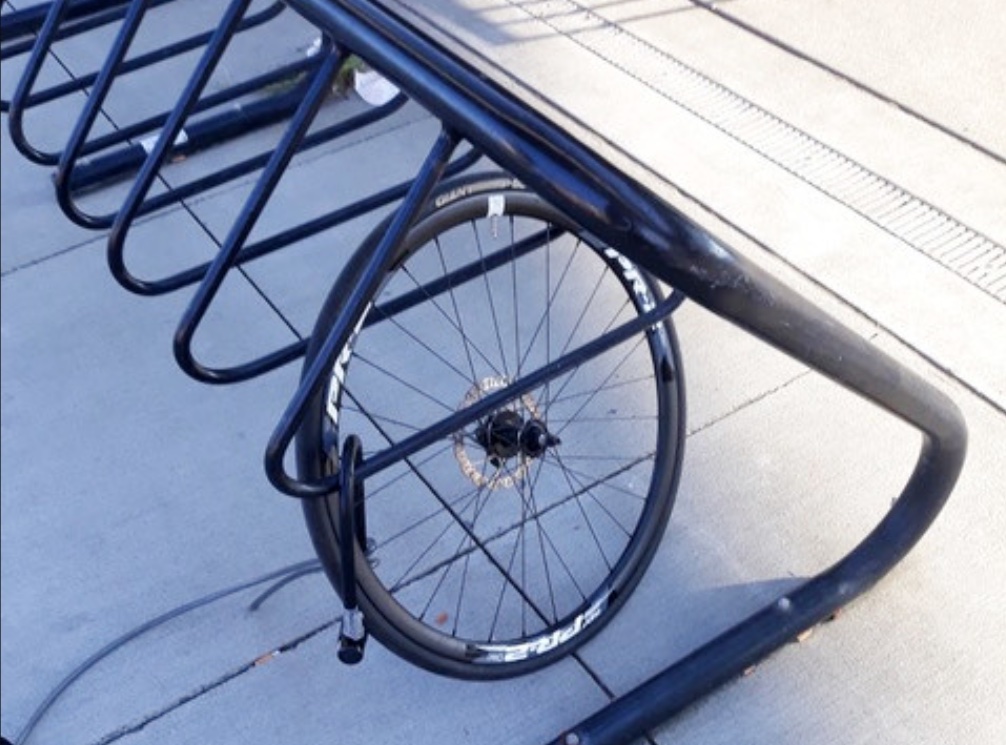Erin Dallin had his cherished bike stolen in Seattle, and despite filing an insurance claim and buying a new bike, he was devastated by the loss. Weeks later, he found his stolen bike listed for sale on OfferUp. Dallin contacted OfferUp’s investigations team, and while the listing was removed, the bike was marked as sold, and the seller appeared to still be active on the site. There are concerns that online platforms like OfferUp, Facebook Marketplace, and Craigslist make it easier to sell stolen goods.
Project 529, a program based in Vancouver, B.C., has been successful in reducing bike theft rates by nearly 70% since its launch a decade ago. The program involves registering bikes with unique numerical identifiers to make it easier to track ownership and recover stolen bikes. Despite its success in Vancouver and other communities, Project 529 has struggled to gain traction with decision-makers in cities like Seattle. Efforts by law enforcement agencies to use the program have reported decreases in bike theft rates.
Seattle has seen a surge in bike thefts, with nearly 1,000 bikes reported stolen within 20 miles of the city so far in the year. Bike Index, a nonprofit registry similar to Project 529, has helped to recover nearly 15,000 stolen bikes worldwide. Co-founder Bryan Hance believes that online resale platforms like OfferUp play a significant role in the problem of bike theft. He suggests that platforms should require sellers to post pictures of the bikes’ serial numbers to help owners identify stolen goods and report suspicious listings.
OfferUp, one of the leading online resale platforms, has faced criticism for potentially facilitating the sale of stolen goods. The company claims to invest significant resources into trust and safety issues, removing suspicious listings and disabling accounts based on internal reviews. OfferUp acknowledges the challenge of verifying serial numbers on listings but is working on a solution. Despite these efforts, bike theft victims in the Seattle area have taken matters into their own hands, with volunteer groups like Bike Recovery Action Teams helping to recover stolen bikes.
Tracy, a member of the Bike Recovery Action Teams in Seattle, has helped recover up to 500 stolen bikes over more than five years. She uses online marketplaces to identify suspicious listings and arranges meetups with sellers to verify the authenticity of stolen bikes. Tracy’s efforts have led to the recovery of numerous stolen bikes and the apprehension of prolific thieves. While her actions are risky, they have proven effective in helping victims recover their stolen bikes. Bike theft victims like Erin Dallin have turned to groups like BRAT for assistance in locating their stolen bikes and working towards a solution to the ongoing issue of bike theft in Seattle.


